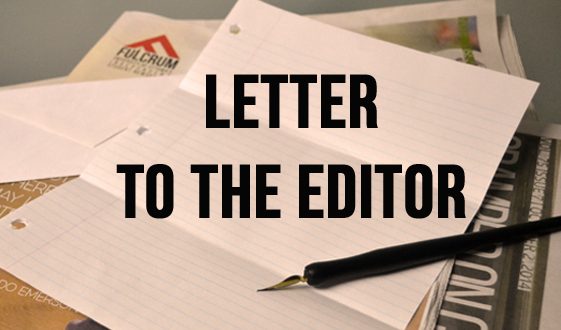Investigative mandates, useful information can beat “alternative facts”
John A. Farrell, a contributor for the New York Times, recently penned an opinion piece about how the press and the powerful interact. He notes that rampant favouritism exists in governmental press briefings, wherein biased or partisan journalists are the only ones who get their questions answered.
These journalists are swayed by those in positions of power, and essentially become purveyors of propaganda in order to maintain their access to politicians.
The issue is longstanding and no less problematic today, albeit with a different flavour. U.S. President Donald Trump seems to have nothing but contempt for the media, leaving reporters to fill in the blanks when they are shouted down or outright ignored during press briefings.
So where do objective news companies and their employees even begin to break the cycle? And how can these media companies and their ilk cover governmental proceedings responsibly in instances where politicians try to play the system?
Coming up with a solution for such problems is quite difficult. Farrell actually suggests that the press should remove themselves from the equation, that members of the media should stop attending press briefings and attempt to get their information elsewhere.
Perhaps a better solution is something more encompassing. Instead, news companies could implement stringent investigative mandates that hinge on two of the key journalistic principles: a journalist’s only objective should be to seek out the truth, and a journalist’s only loyalty should be to the public.
These two principles supposedly supersede nearly every other aspect of the practice, including the oft-referenced idea of journalistic objectivity. This means that in cases where facts and lies present themselves as obvious, journalists would only have to report the information that will be of use to the public.
If enforced, mandates that include more resources allocated to investigative journalism and an aversion to repeating White House statements verbatim might give rise to an abundance of relentless, truth-seeking journalists—journalists of the “don’t-take-no-for-an-answer” variety. It will produce reporters that doggedly pursue answers at press briefings, instead of later reaching out to political contacts in an attempt to eke out more information.
Suppose a journalist of this variety is at one of Trump’s latest briefings. If said reporter asks about climate change and Trump starts spewing nonsense about how it’s a hoax, that journalist should be prepared to expose the idiocy behind such a belief. If said journalist asks Trump about his wall and the president suggests that Mexico will fund it, that journalist should either expose the economic impracticality of his plan, or the probable engineering impossibilities.
Basically, these kinds of strict investigative mandates would transform journalists from mouthpieces for the powerful to proper champions of the people. We would see a move from journalists that fail to act in the name of impartiality or objectivity, to journalists that rightly denounce political obfuscations.
We can hope that with these investigative mandates, the balance in political discussions will be restored and perhaps even tipped in favour of the public interest for the year 2017 and beyond.






